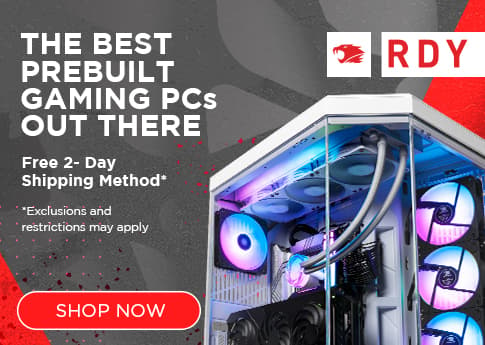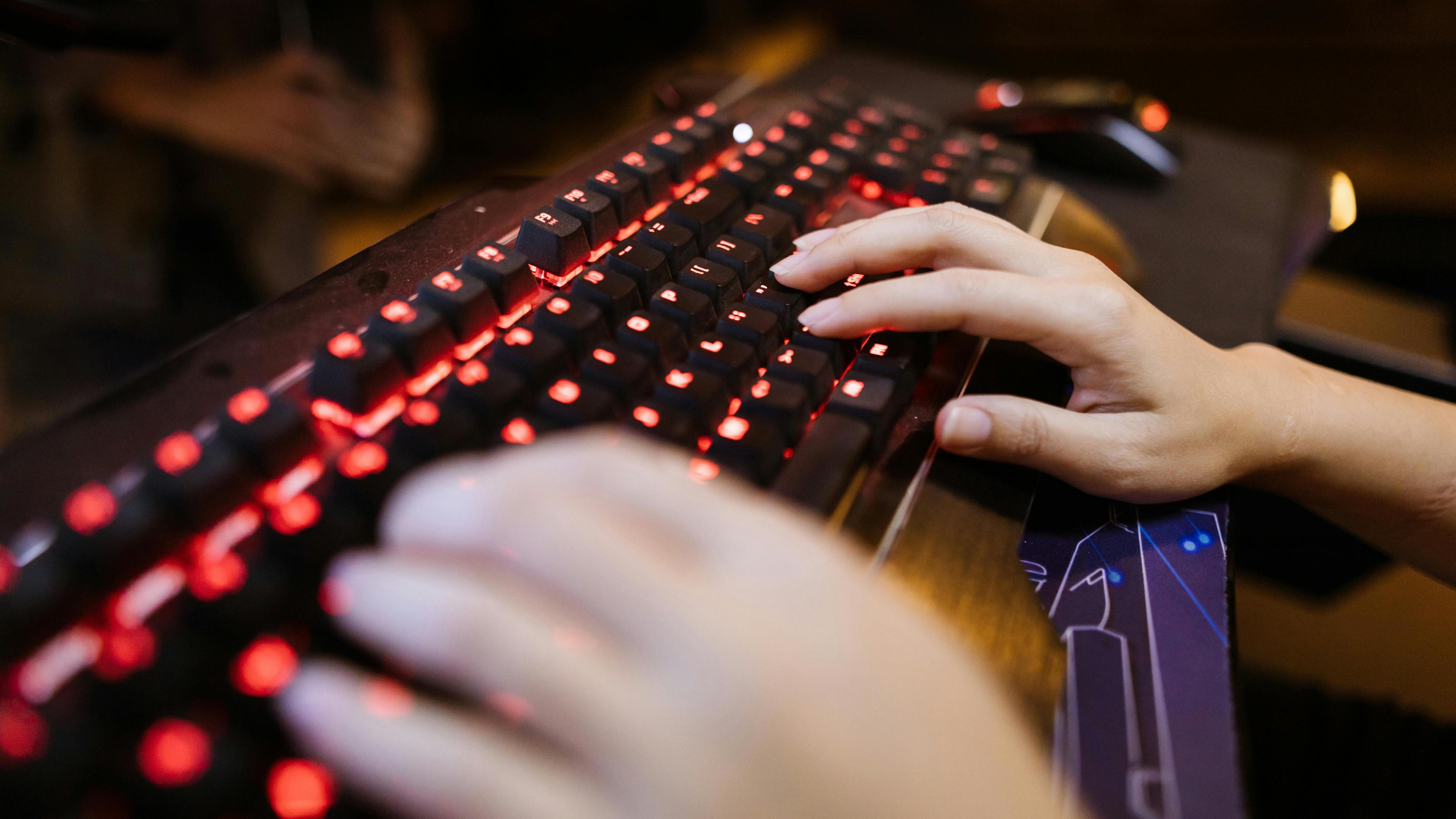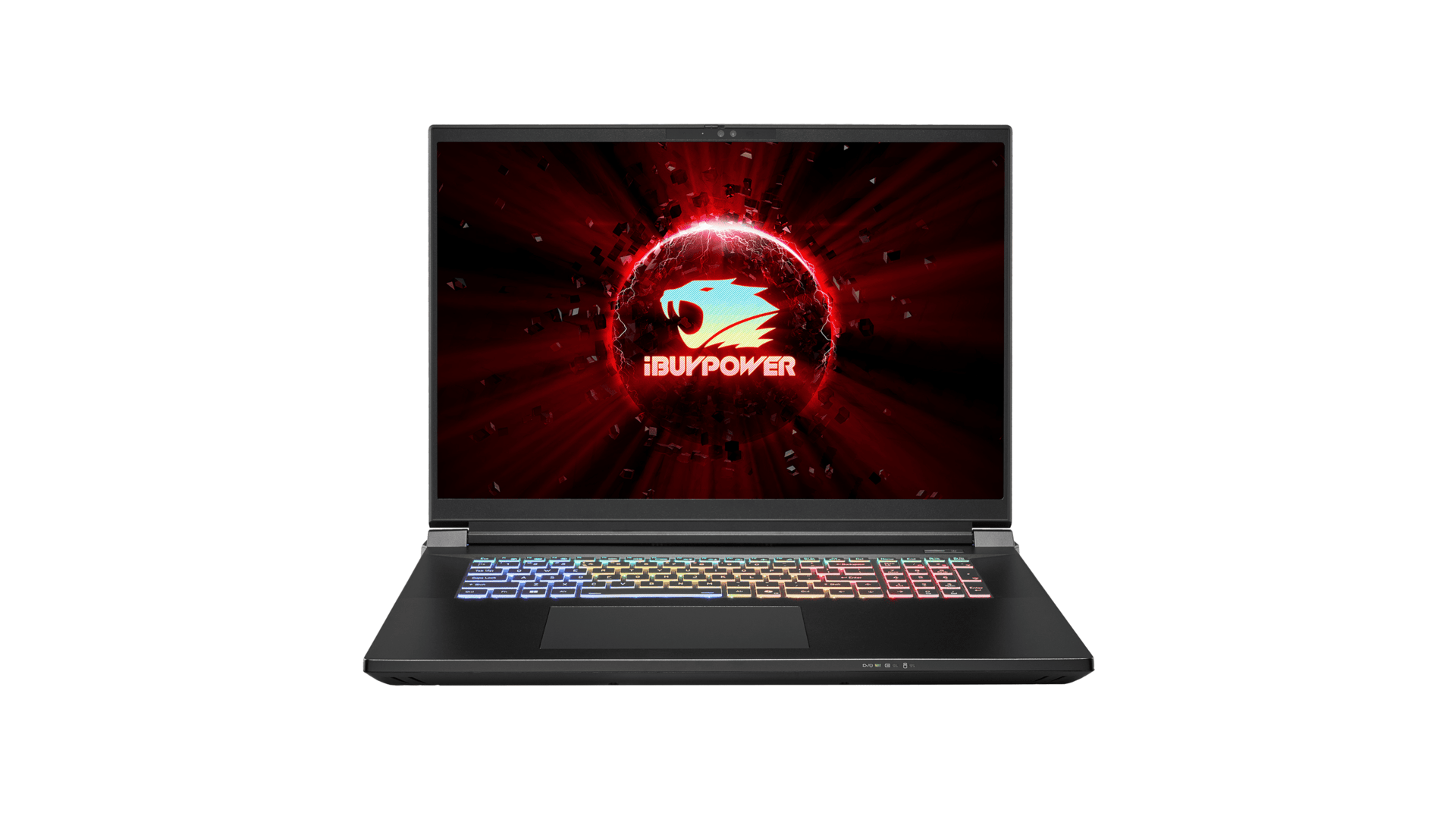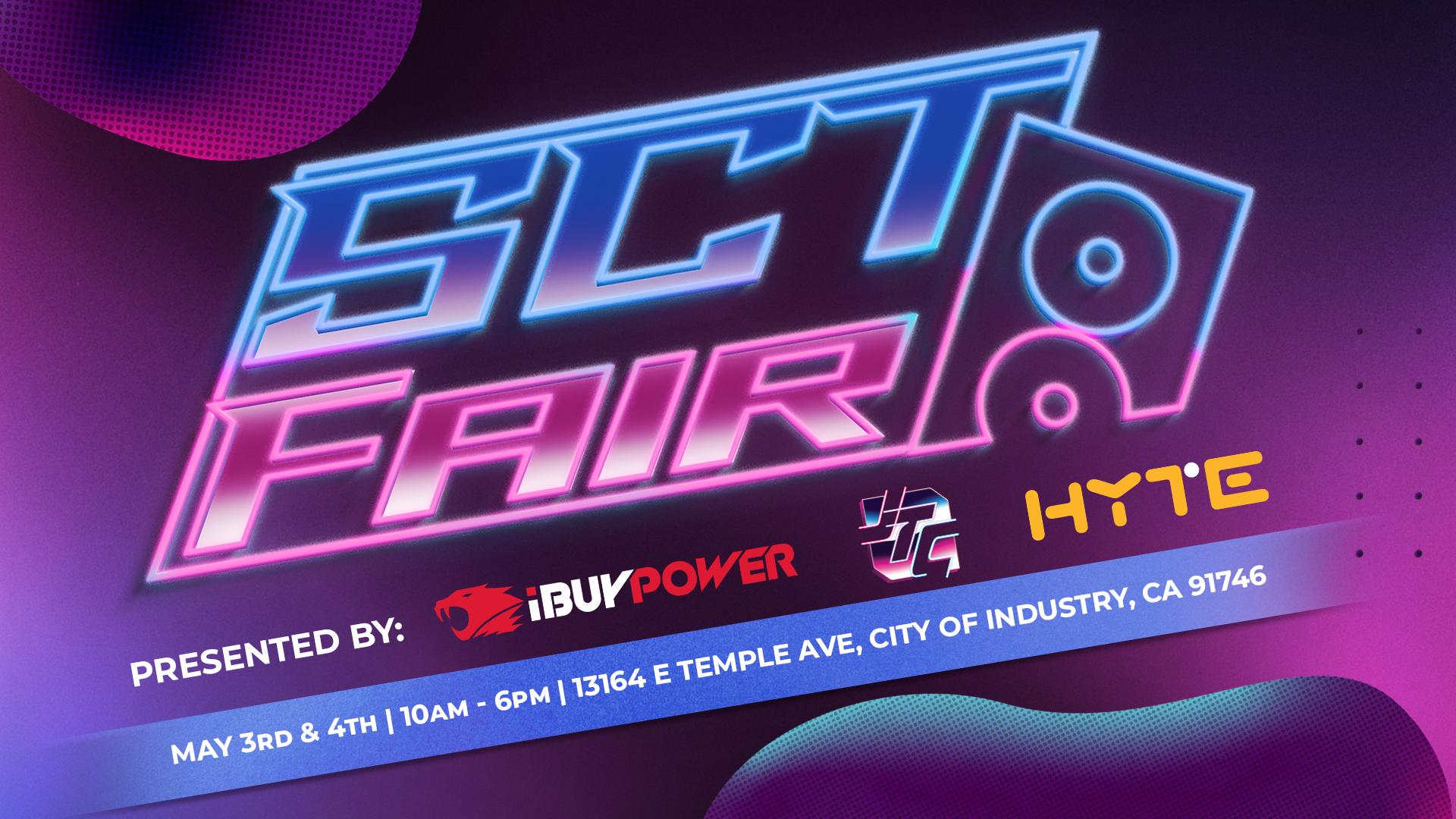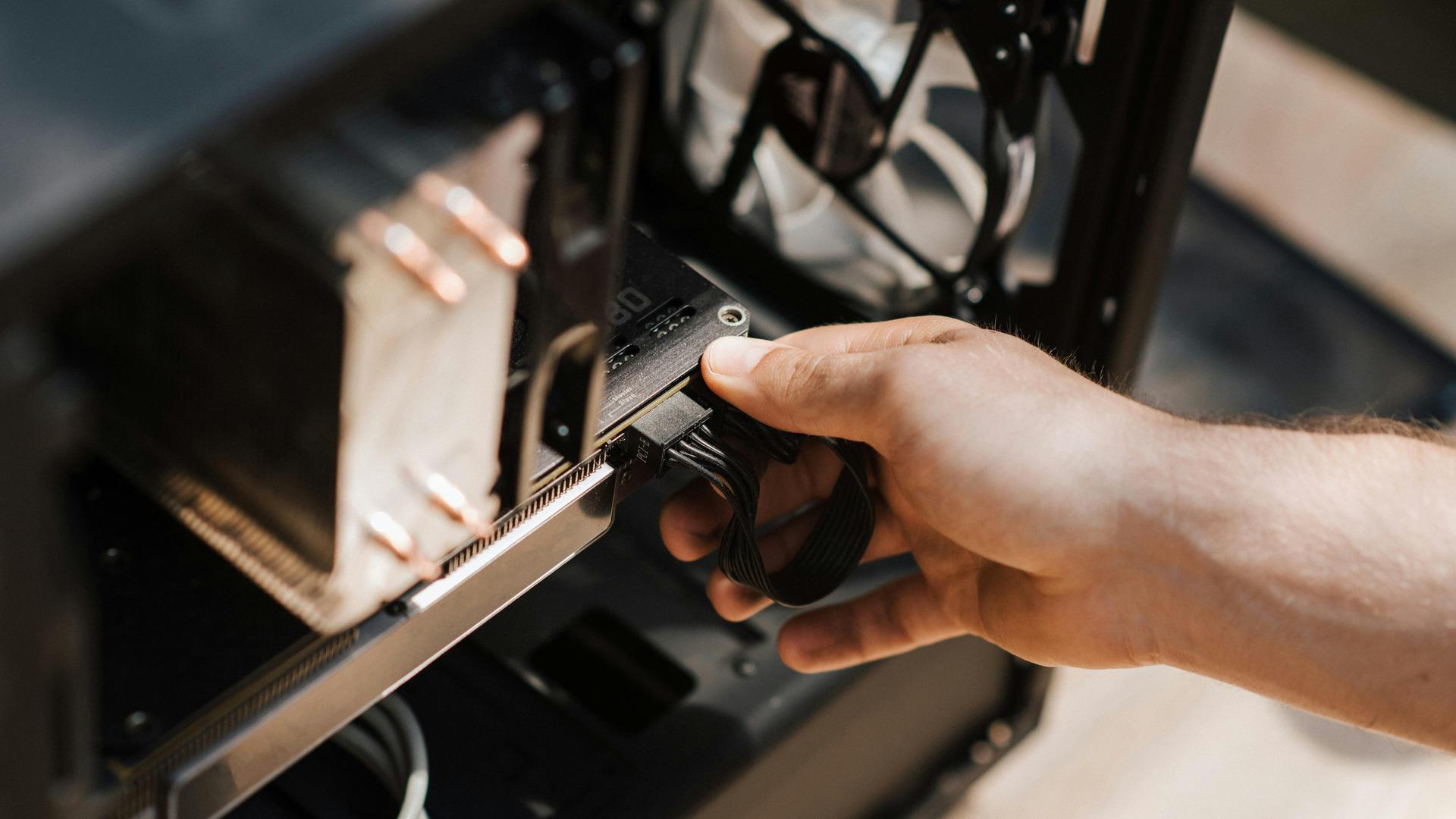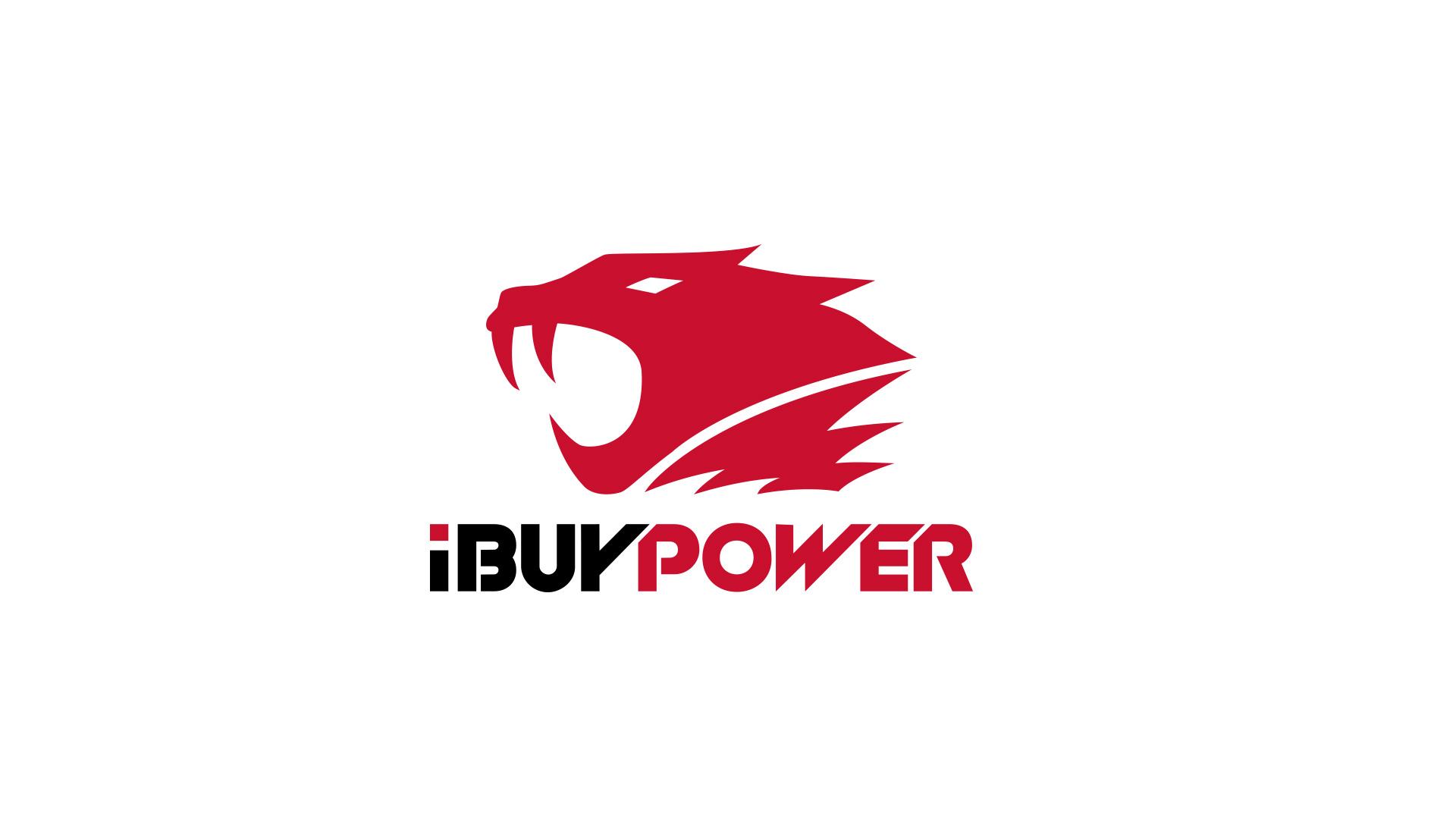How to Upgrade Your Gaming PC to Improve Performance
If the latest or even older games are not running well on a PC, it may be time for gaming PC upgrades to improve its performance. But where is the best place to start?
It’s a complicated question that depends largely on the games, current configuration, and budget. Let’s break down the best PC upgrades for gaming to help any PC get back to peak gaming form.
Best PC Upgrades for Gaming
When deciding how to upgrade your PC, there are six key components to check:
- GPU
- Hard Drive
- RAM
- Cooling System
- Power Supply
- CPU
It may be necessary to run diagnostics to determine which components to upgrade to optimize your gaming PC. After deciding which components to upgrade, here are a few tips to remember.
GPU Upgrade
The graphics card is one of the most obvious PC upgrades to improve performance. According to the monthly Steam Hardware & Software Survey, most users still use 20-series and even 10-series cards.

Upgrading the GPU provides an immediate and noticeable improvement in performance on the current generation of games. Ideally, it’s best to upgrade at least a full generation of card (20 series to 30 series). A 10 series to a 30 series GPU upgrade will allow most games to operate on High or Ultra High settings and enable NVIDIA RTX on select games. With the 40-series out now, it could be beneficial to upgrade from a 20-series or 30-series as well.
However, even acquiring a 20 series card still allows you to play most games on High or Ultra High settings and enable RTX. If you are opting for a GPU upgrade but aren’t sure how to install one, check out our recent article on selecting and installing a GPU.
Learn more about selecting and installing a GPU
Hard Drive Upgrade
If the GPU is solid or making the upgrade is out of budget, the hard drive is another great upgrade for a PC. Slow hard drives (read: 3.5-inch spinning disc drives) mean games load slower from start-up to every loading screen. Upgrading to a 2.5-inch SSD or an M.2 NVMe drive drastically reduces the time to launch games and loading screens. Just be aware that it’ll be harder to read those loading screen tips because of how fast the game loads.
Learn the best tips for picking out a new hard drive
RAM Upgrade

Having only 8GB of RAM doesn’t cut it for most modern games, which usually require 16GB of RAM at minimum, making it one of the most vital PC upgrades. Upgrading from 8GB to 16GB improves gaming PC performance by allowing it to perform more short-term tasks. Having 32GB of RAM for gaming and streaming ensures the PC can handle all the various short-term tasks. However, a jump with a RAM upgrade isn’t as noticeable as a hard drive or GPU upgrade.
Two important notes for upgrading RAM:
- Check the motherboard manual to avoid compatibility issues. Compatibility can be an issue depending on what generation of RAM is currently installed in the PC and the generation of the upgraded RAM.
- Install RAM in pairs so that there is always an even number of RAM sticks.
Cooling Upgrade
If everything is up-to-date and performance isn’t improving, there might be a heat throttling problem. PC parts that run too hot will start to throttle, and their performance will drop. While this is a common problem with M.2 NVMe drives (which is why motherboards come with heat sinks), it can also happen to GPUs and CPUs.
Replacing the stock fan with a heat sink and fan is a great upgrade for a PC, as it can alleviate this issue for the CPU. For the GPU, figure out the PC’s airflow and change any fan configurations to avoid hot air blowing over it. Switching to liquid cooling is another option, but due to the complexity of installation and cost, this works better when building a new system.
Power Supply Upgrade
If the PC has an underpowered power supply, it can severely impact overall performance. If the PSU doesn’t have enough wattage to support everything in the computer, games may fail to load as the GPU draws power. Even if the PSU can support everything, it will deteriorate faster if maxed out. It’s best to consume about 70% of the PSU’s wattage and have the remainder as a buffer, idle, and extra room for other PC upgrades that are newer and more power-consuming.
CPU Upgrade

The CPU is one of the other components to consider when thinking about how to upgrade a PC. CPU upgrades can help gaming PC performance, but it probably isn’t the bottleneck unless it’s four to five generations behind. That said, pay attention to the CPU if it is closer to the minimum requirement of specs for the latest games. Many games can take advantage of multi-core CPUs; upgrading a CPU will also help with other gaming tasks.
Typically, a CPU upgrade requires a motherboard upgrade and consequently a full PC rebuild. If that sounds like something you’re on track to do, check out our Easy PC Builder to get started!
The Final Tip on How to Upgrade Your Gaming PC
There comes a point when you may need to upgrade your PC entirely, not just individual components. With iBUYPOWER’s wide selection of pre-built gaming PCs and gear, you can customize your PC to fit your gaming needs.
